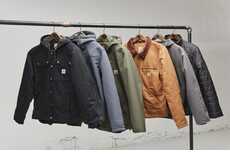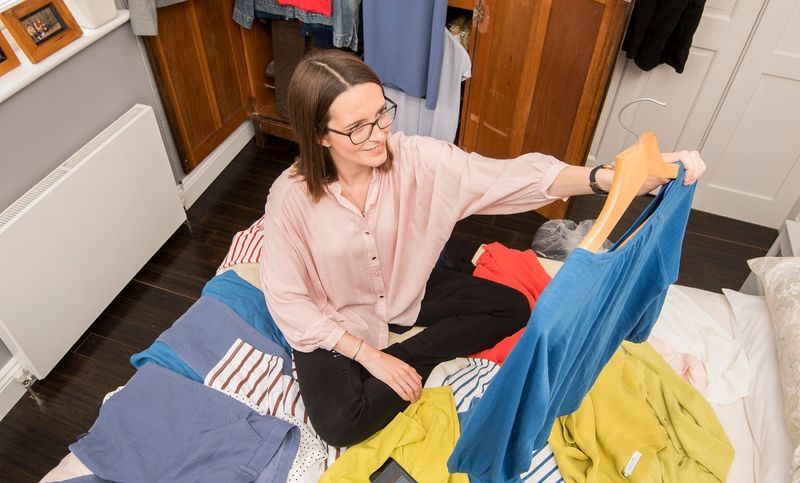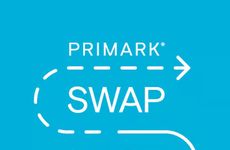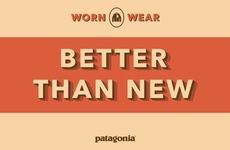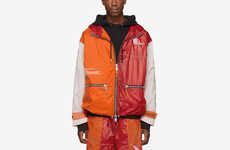
John Lewis is Testing a Service to Reclaim Unwanted Clothing
Laura McQuarrie — June 20, 2018 — Eco
References: retailsector
A staggering amount of clothing and textile waste is generated every year, leaving many perfectly good or potentially reusable articles to consume space in landfills—some forward-thinking retailers are now implementing clothing recycling and buy-back programs to play their part in reducing waste.
With over 100 of its customers, high-end department store chain John Lewis is now testing a scheme that allows customers to sell back the pieces of clothing that they no longer want. As such, this effort will help to reduce landfill waste in the UK and help consumers be rewarded for their efforts. For each piece of unwanted clothing that is collected, consumers will be paid immediately for the item, no matter its condition.
This clothing buy-back service is being tested with Stuffstr, which looks back upon what a customer has previously purchased to assign value to the items. When a customer has a minimum of £50 worth of clothing to sell, a courier will come to their house within three hours to collect and pay for the products.
With over 100 of its customers, high-end department store chain John Lewis is now testing a scheme that allows customers to sell back the pieces of clothing that they no longer want. As such, this effort will help to reduce landfill waste in the UK and help consumers be rewarded for their efforts. For each piece of unwanted clothing that is collected, consumers will be paid immediately for the item, no matter its condition.
This clothing buy-back service is being tested with Stuffstr, which looks back upon what a customer has previously purchased to assign value to the items. When a customer has a minimum of £50 worth of clothing to sell, a courier will come to their house within three hours to collect and pay for the products.
Trend Themes
1. Clothing Recycling - Retailers are implementing clothing recycling and buy-back programs to reduce textile waste, offering opportunities for innovations in clothing re-design and repurposing.
2. Consumer Sustainability - The popularity of buy-back programs shows growing consumer interest in sustainability, which presents innovations in eco-friendly materials and ethical production methods.
3. Digital Innovation - The use of data analytics and digital platforms to assess the value of recycled items and facilitate convenient collection offers opportunities for digital innovation and customer engagement.
Industry Implications
1. Retail - Retail industry players can implement clothing recycling and buy-back programs to appeal to eco-conscious consumers and promote responsible consumption.
2. Logistics - Logistics and delivery companies can offer innovative solutions for the collection and transportation of recycled clothing and textiles, such as using electric vehicles and optimizing routes.
3. Fashion - Fashion industry innovators can leverage buy-back programs to redesign or repurpose used clothing, creating new revenue streams and reducing environmental impact.
4.9
Score
Popularity
Activity
Freshness





